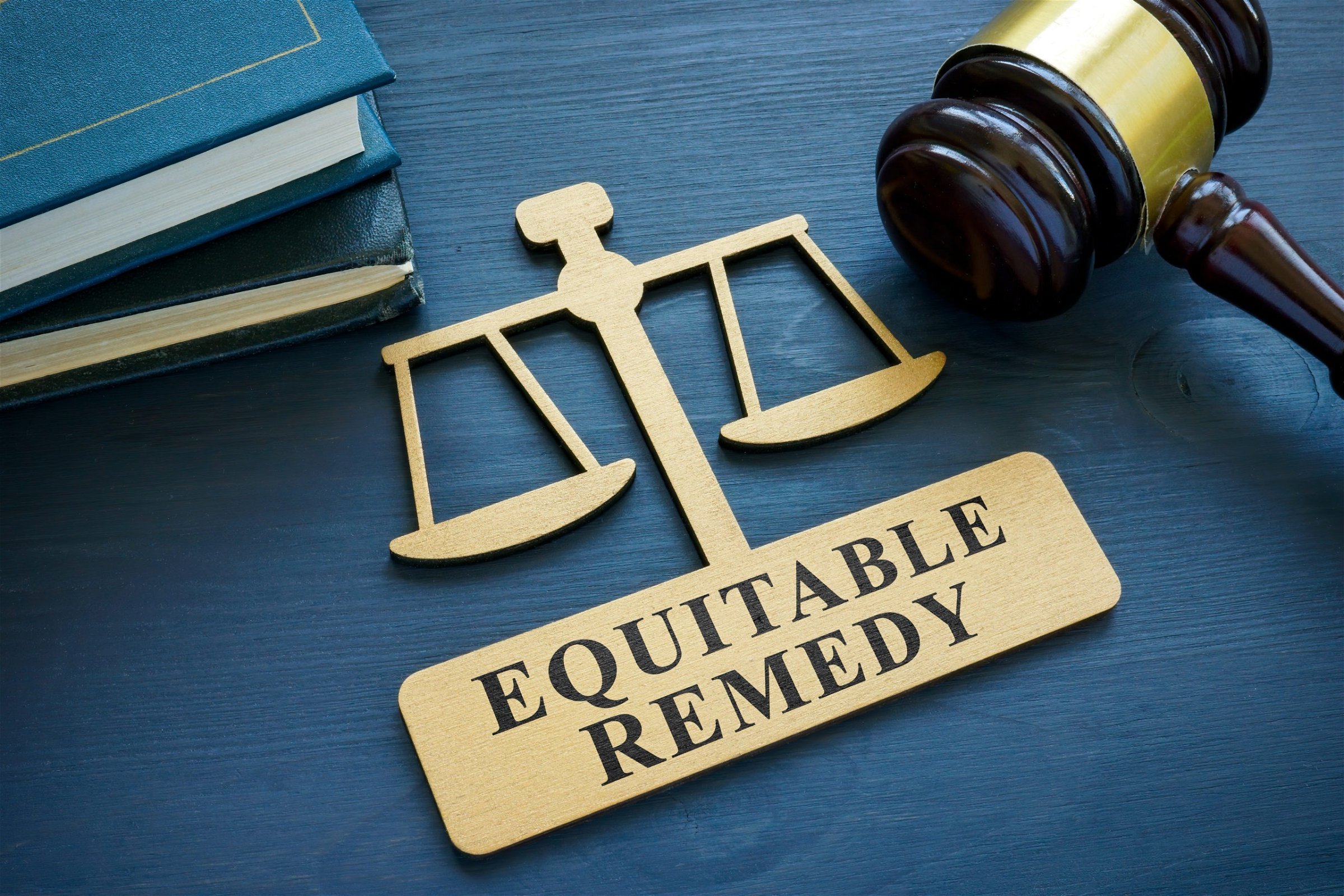When someone owes you money, it is a debt that you should be able to collect. The law provides a process by which a creditor may collect a debt. Legal remedies are the ways that creditors collect compensation owed to them due to court orders. When a creditor has a legal judgment against a debtor, they can seek to obtain the money they are owed. While monetary damages are often preferable, a party may seek an equitable remedy as a flexible option to not being paid at all.
What are Remedies?
A remedy is a compensation awarded to a party through a court order. The court order may be due to a legal case or claim that has been ordered in favor of one of the parties. When a party is owed compensation, they will need to obtain it through a remedy. A remedy is designed to make the party whole and to provide payment for the damages caused by a breaching party. Remedies apply to various types of cases, including those in which there was a breach of contract.
Legal and Equitable Remedies
There are two main types of remedies, including legal and equitable. A legal remedy is a monetary compensation awarded to a party awarded through a court order or decision. Legal remedies are generally considered monetary, while equitable remedies are non-monetary. Equitable remedies provide non-monetary payment options for a breach of contract. Typically, a party may seek equitable remedies from the breaching party when monetary remedies are unavailable. Equitable remedies are more flexible than monetary damages and allow you to require specific actions on the part of the breaching party.
Monetary Damages
Monetary damages are awarded for damages that were suffered. Monetary damages may include such things as compensatory damages and punitive damages. Monetary damages are not intended to provide unjust enrichment to the party but instead are designed to put the party into the position they were in before the breach occurred. Although a party may prefer to get money for their damages, there are situations in which a party may accept equitable remedies rather than go unpaid.
Types of Equitable Remedies
Equitable relief has been part of common law for centuries. Equitable remedies are alternative ways to pay for damages. They are often utilized when the breaching party does not have enough money to pay. Often, equitable damages are not available unless monetary damages are not sufficient. Some types of equitable remedies are specific performance, injunction, and restitution. The type of remedy depends on the type of situation that caused the breach of contract.
Types of Equitable Relief
Equitable relief is a legal remedy that may be part of a court order. The court may order a party to perform some acts or refrain from performing some acts. Specific performance means that the party is compelled, via court order, to perform a specified item. An injunction is a court order that requires a person to do or not to do a specific action. Restitution may include the reformation or rescission of a contract. Restitution may apply to a variety of contracts, such as real estate.
Reasons You May Seek an Equitable Remedy
You might seek an equitable remedy instead of monetary damages for various reasons. One of the most common reasons for seeking an equitable remedy is when the breaching party has insufficient money or assets to provide the necessary compensation. It is usually best for a party to get something rather than nothing. An equitable remedy is also preferred when you want to stop a party from a particular action.
An example would be when a party is found to have breached a contract, and you want to prevent them from utilizing proprietary information. An equitable remedy may be a good option when you need to rescind a contract after a breach. This option would put both parties back in the position they had before they entered into the contract. You would no longer have to fulfill your part of the contract if the other party breached.
When another party breaches a contract, you may want to seek monetary damages or equitable remedies. It is helpful to speak with a knowledgeable attorney to understand the process better and determine your options. Contact our legal team at Snellings Law, LLC today to learn more about equitable remedies and how they apply to your case.
